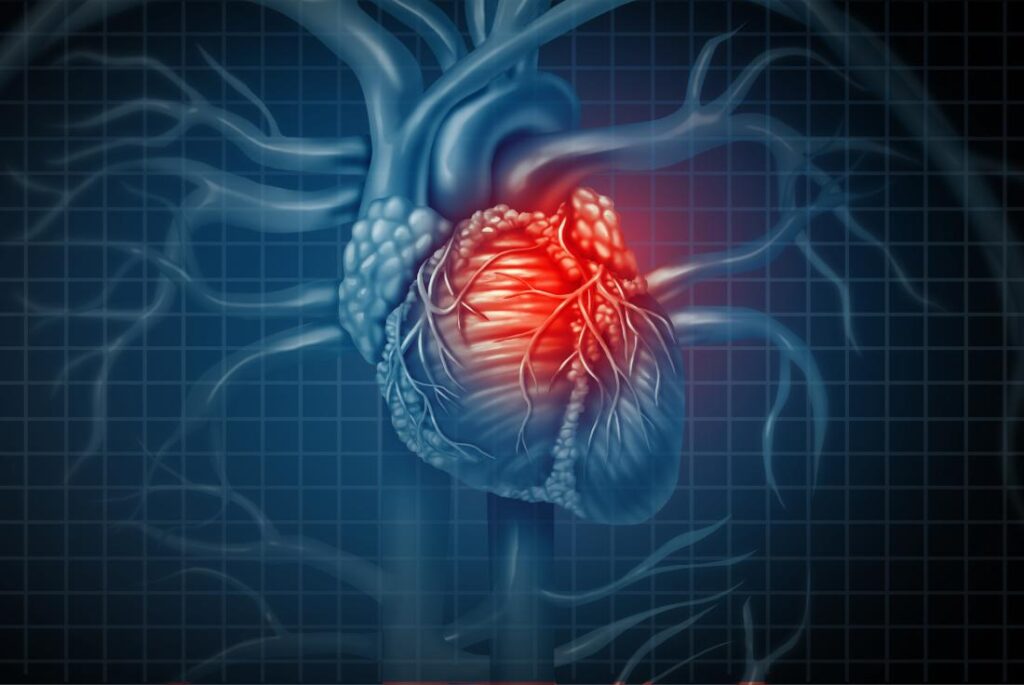Heart attacks, medically known as myocardial infarctions, are critical health events that require awareness, prevention, and swift response. Here’s a brief overview of what you should know about heart attacks:
ALSO READ:HEALTH: Nourish Your Body with These 5 Healthy Foods
Recognizing the Symptoms:
The symptoms of a heart attack can vary, but common signs include chest pain or discomfort, shortness of breath, fatigue, nausea, and cold sweats. These symptoms often come on suddenly and can be severe.

Immediate Action is Crucial:
If you or someone nearby experiences these symptoms, it’s essential to act swiftly. Call emergency services immediately and, if possible, chew an aspirin to help reduce blood clot formation.

Understanding the Causes:
Heart attacks occur when blood flow to the heart muscle is blocked, usually due to the rupture of an atherosclerotic plaque in a coronary artery. Risk factors include high blood pressure, high cholesterol, smoking, obesity, and a sedentary lifestyle.
ALSO READ:The Power of Consistent Exercise: A Path to Health and Wellness
Prevention is Key:
Preventing heart attacks involves lifestyle changes such as adopting a heart-healthy diet, regular exercise, quitting smoking, and managing stress. Regular check-ups with a healthcare provider to monitor blood pressure and cholesterol levels are essential.

Seeking Timely Medical Care:
Quick response and access to medical care can save lives during a heart attack. Treatments like angioplasty and stent placement or clot-busting medications can restore blood flow to the heart.
ALSO READ: Nurturing the Miracle Within: Pregnancy Care for Healthy Moms and Babies
Heart attacks are a critical health concern, but awareness, prevention, and prompt action can make a significant difference. Understanding the symptoms, knowing the risk factors, and seeking immediate medical attention are crucial steps in protecting heart health and reducing the impact of heart attacks.
FOR MORE HEALTH TIPS CLICK HERE




